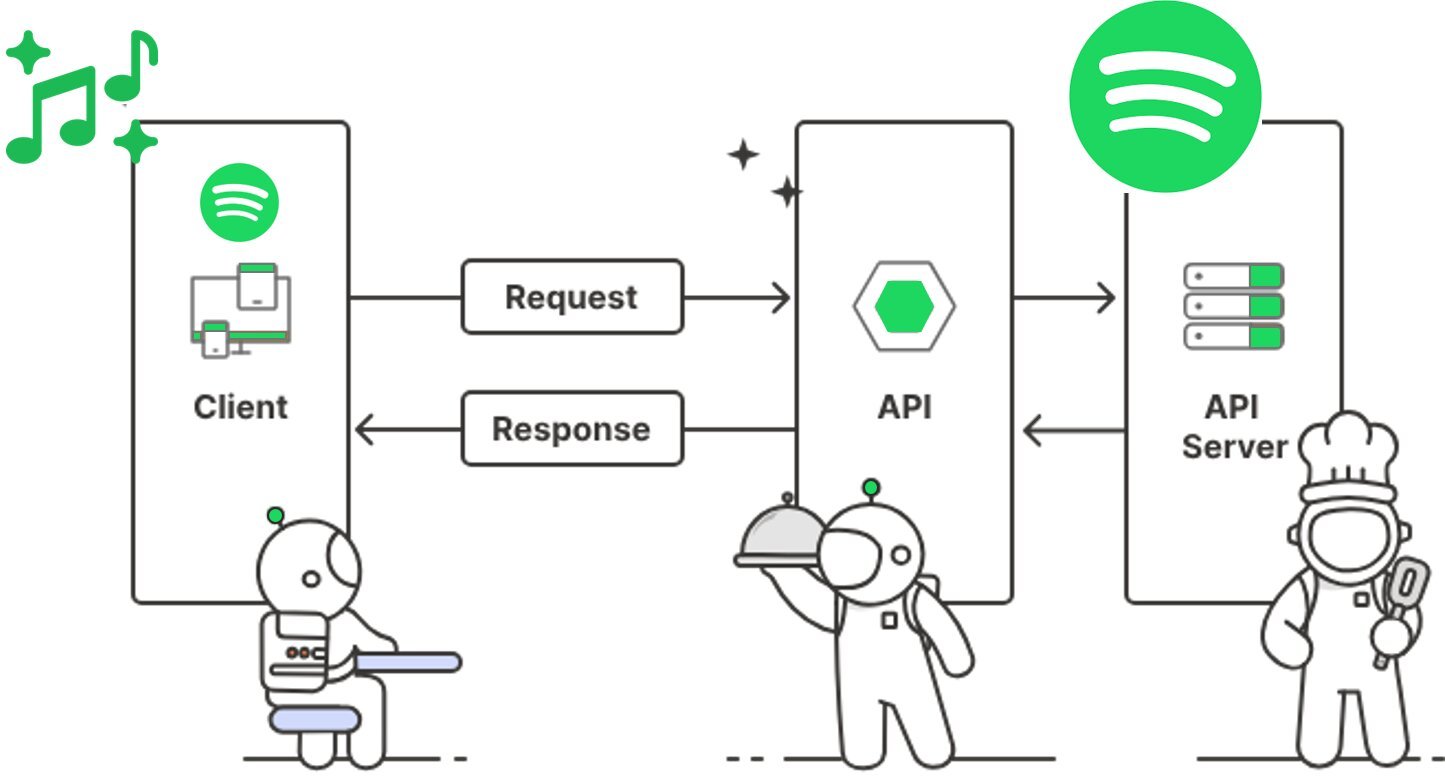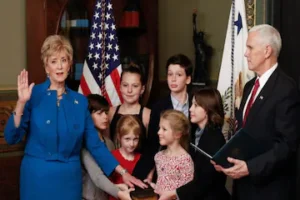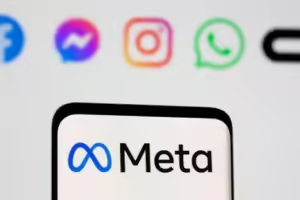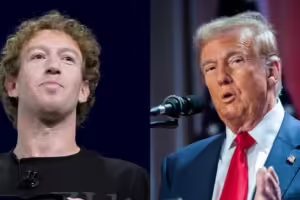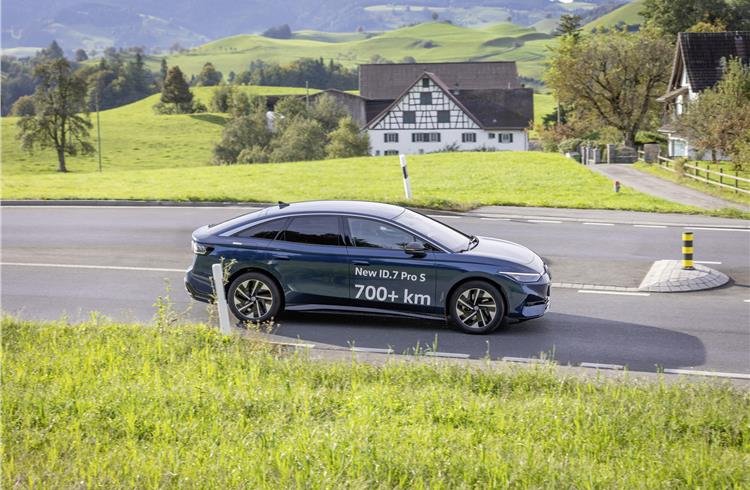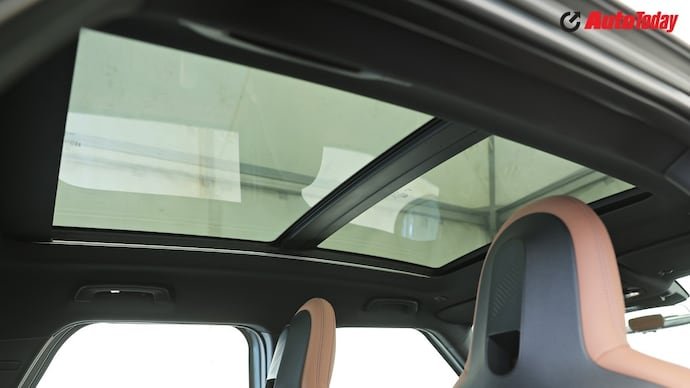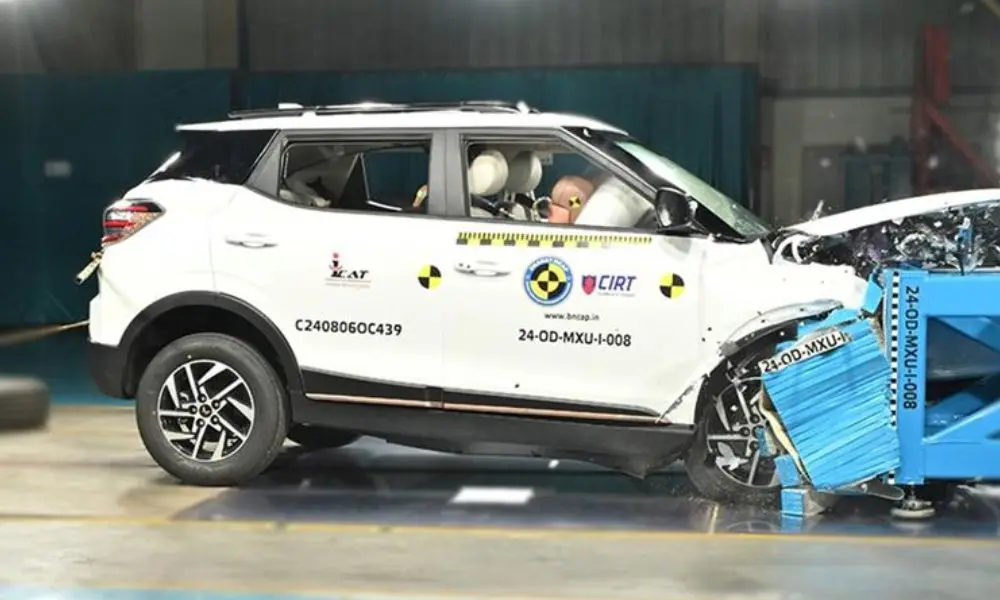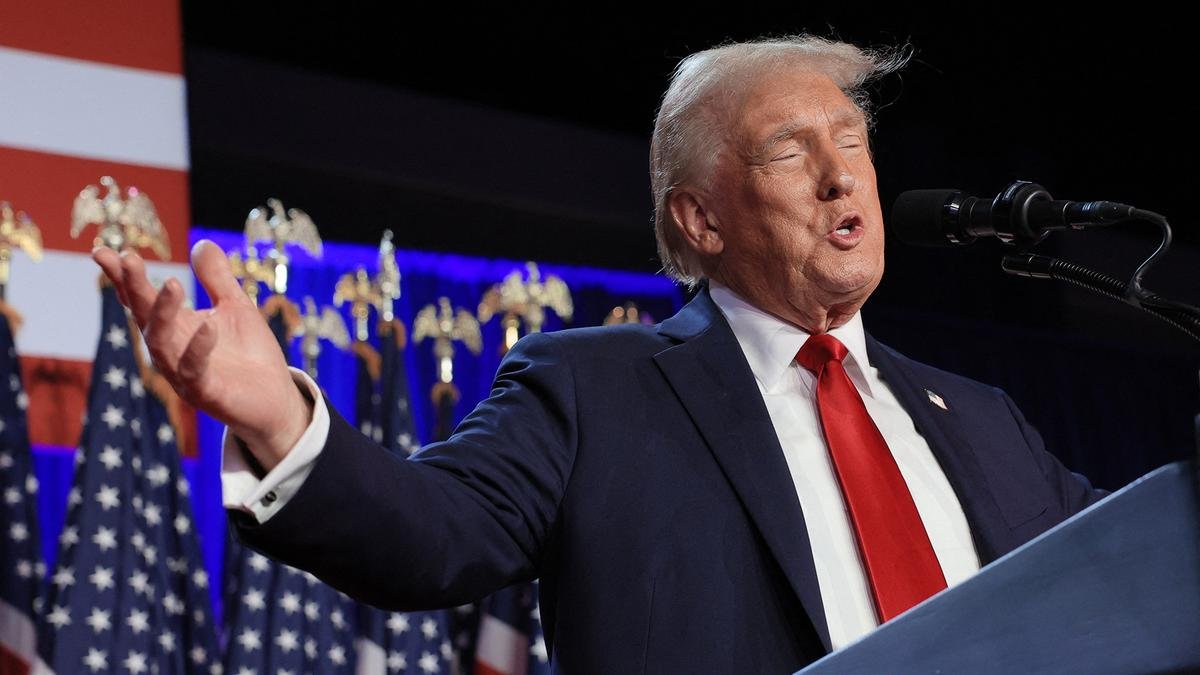Toyota COO critiques US EV policies, calls for organic growth without mandates

Toyota’s North American COO criticized U.S. policies pushing fast EV adoption, calling them “de facto mandates” mismatched with consumer demand
“The whole EV ecosystem is ahead of the consumer,” Hollis told reporters Friday, pointing to tailpipe emission rules from the Environmental Protection Agency and California. “It’s not in alignment with consumers. It’s just not.”
Toyota Criticizes Stringent U.S. EV Emission Rules, Cites Affordability Concerns and Potential Adjustments in Production Strategy
In March, the EPA set stringent emission limits that compel automakers to accelerate sales of battery-electric and plug-in hybrid models over the next few years, aiming to cap carbon dioxide emissions at 85 grams per mile by 2032. This policy, introduced by the Joe Biden-Kamala Harris administration, was a frequent target of President-elect Donald Trump during the run-up to the November 5 election.
California, the nation’s largest auto market, has even tougher regulations, which are designed to phase out all new gas-burning cars by 2035. As a result, many states have adopted these rules. Hollis, who also serves as Toyota’s US sales chief, explained that these regulations contribute to an affordability crisis, given that EVs are generally more expensive than gas-powered vehicles.
But he declined to speculate on whether Toyota would join any potential effort by the incoming Trump administration to block California’s zero-emission vehicle rules. “I hope it doesn’t come to that. That’s not an area I’m willing to go into” at this point, he said.
Hollis said the Japanese company is mulling a possible future adjustment in the ratio of fully-electric to hybrid-electric batteries produced at a new plant in North Carolina. The facility, which is expected to open next year, was built with 10 production lines for batteries for fully-electric or plug-in models, and four lines dedicated to hybrid batteries.
